The mythology of India claims unique interest by virtue of its unparalleled length of life. It is true that not even the discoveries at Boghaz Kyoi render it prudent for us to place the Rgveda at an earlier period than 1500 B.C., and in part at least that collection may come from three centuries later, so that as contrasted with the dates of Egyptian and Babylonian records the earliest monument of Aryan mythology is comparatively recent. In mass of content and in value for mythology, however, these cannot compare with the Rgveda. Of still more importance is the fact that from the period of the Rgveda to the present day, a space of some thirty-five hundred years, we have a mythology which is in constant but organic development. In India, though foreign invasion has often swept over the north-west of the land, though Islam has annexed souls as well as territories, though Christianity (especially in the south) has contributed elements to the faith of the people, still it remains true that the religion and the mythology of the land are genuinely their own and for this reason have in themselves the constant potency of fresh growth. Moreover, amidst the ceaseless change which is the heritage of human things, there is relative stability in the simpler thoughts of the human mind, and as in many parts of India the peasant still labours with the implements and in the mode of his ancestors in periods far remote, so his mind frames the same hypotheses to account for those phenomena of nature which in India more than elsewhere determine irrevocably his weal or his woe. The rich variety of the mythology, despite its attraction for the student of the history of myths, renders the task of concise exposition one of peculiar difficulty. For the mythology of the present day available material is enormous: each part of the vast area of India has its own abundant store of myth and tradition, and to give detail for this period would be impossible. The same consideration applies with but slightly lessened force for the earlier epochs: the Veda, the epics, the Puranas, the literature of the Buddhists and of the Jains, each present data in lavish abundance. It has been necessary, therefore, to circumscribe narrowly the scope of the subject by restricting the treatment to that mythology which stands in close connexion with religion and which conveys to us a conception of the manner in which the Indian pictured to himself the origin of the world and of life, the destiny of the universe and of the souls of man, the Gods and the evil spirits who supported or menaced his existence. Gods and demons were very present to the mind of the Indian then as they are today, and they are inextricably involved in innumerable stories of folk-lore, of fairy tale, and of speculation as to the origin of institutions and customs.
Indian Mythology
$34.20
$38.00
In stock
Free & Quick Delivery Worldwide
All orders amounting to US$ 50 or more qualify for Free Delivery Worldwide. For orders less than US$ 50, we offer Standard Delivery at $14 per book.
ABOUT THE AUTHOR A Berriedale Keith
Arthur Berriedale Keith (1879-1944), an eminent authority on Sanskrit language and literature, was born at Portobello, Edinburgh on 5 April 1879. After a brilliant academic career at Edinburgh and Balliol College, Oxford where he studied classics, Sanskrit and Pali, he entered the British Civil Service in 1901. In 1904, he was called to the bar at Inner Temple. Though better known for his deep study of Sanskrit language and literature, Keith also had a deep understanding of law. In 1914, he joined the University of Edinburgh as a Regius Professor of Sanskrit and Comparative Philology and from 1922 he concurrently held the lectureship in the Constitution of the British Empire. Apart from being a member of the Committee on Home Administration of Indian Affairs (1919), he was also a member of a number of important Commissions. He died in Edinburgh on 6 October 1944. Arthur Berriedale Keith’s contributions on Sanskrit language and literature are diverse and are marked by a deep understanding of the obstruse subjects as is evident from his books and many articles in learned journals and translations of ancient Sanskrit Texts. His History of Sanskrit Literature, Sanskrit Drama, Classical Sanskrit Literature, Religion and Philosophy of the Veda and Upanishads, Samkhya System: A History of the Samkhya Philosophy, Responsible Government in the Dominions apart from the translations of the Karma-Mimamsa, Aitareya Aranyaka, Sankhayana Aranyaka and Mythology of All Raees: Indian and Iranian (jointly with Albert J. Carony) and Vedic Index of Names and Subjects (jointly with A.A. Macdonell) bear testimony to his deep scholarship.
reviews
0 in total
Review by Anonymous
Be the first to review “Indian Mythology” Cancel reply
You must be logged in to post a review.
Bibliographic information
Title
Indian Mythology
Author
Edition
1st ed.
Publisher
ISBN
8179360156
Length
vi+347p., 31 Plates; Figures
Subjects
more by A Berriedale Keith see more
similar bookssee more
Rules for Nuns According to the Dharmaguptakavinaya: The Discipline in Four Parts (In 3 Volumes)
The present work provides ...
$72.00
$80.00
Buddhist Tales for The Soul
$13.50
$15.00
The Copper-Coloured Palace: Iconography of the rÑiṅ ma School of Tibetan Buddhism (In 3 Volumes)
The rÑiṅ ma pas are ...
$700.20
$778.00


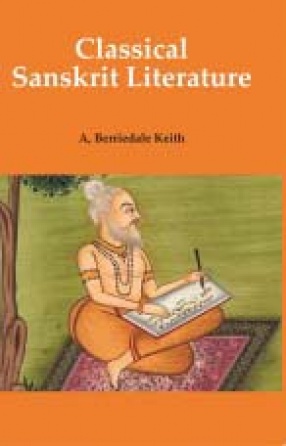
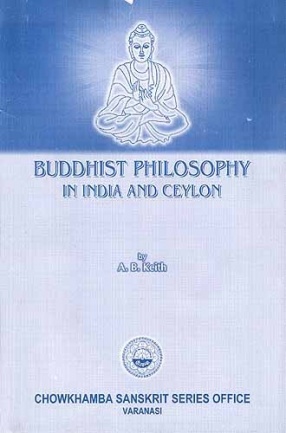
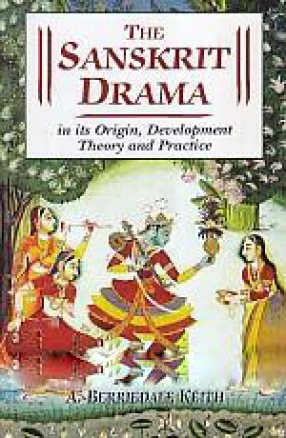
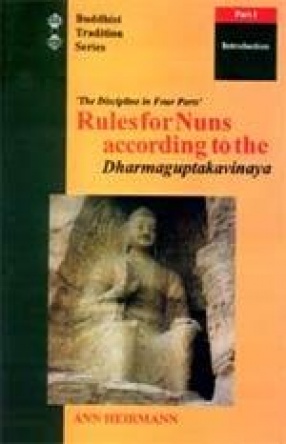
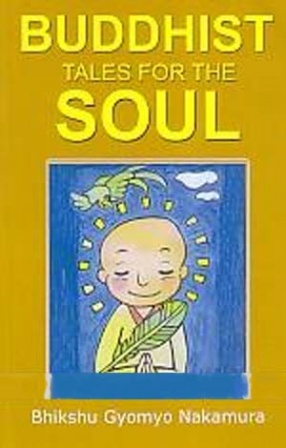
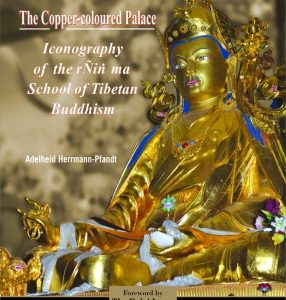
There are no reviews yet.